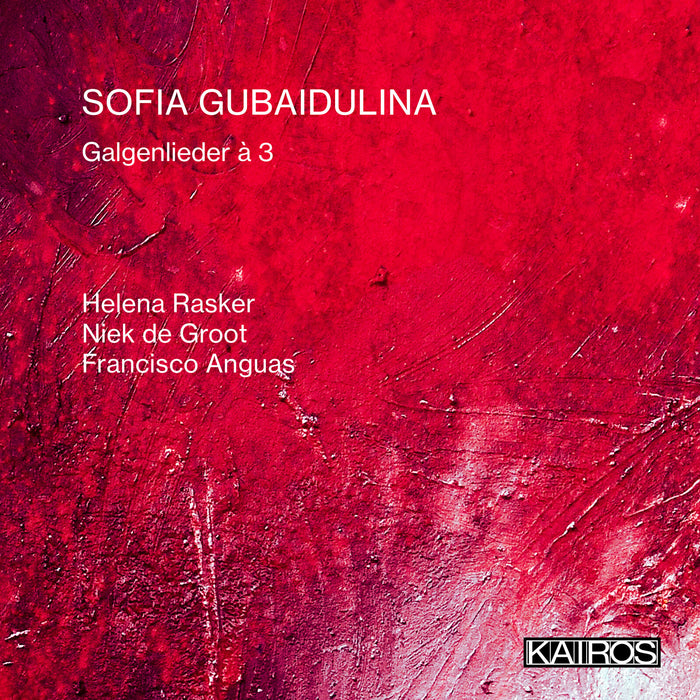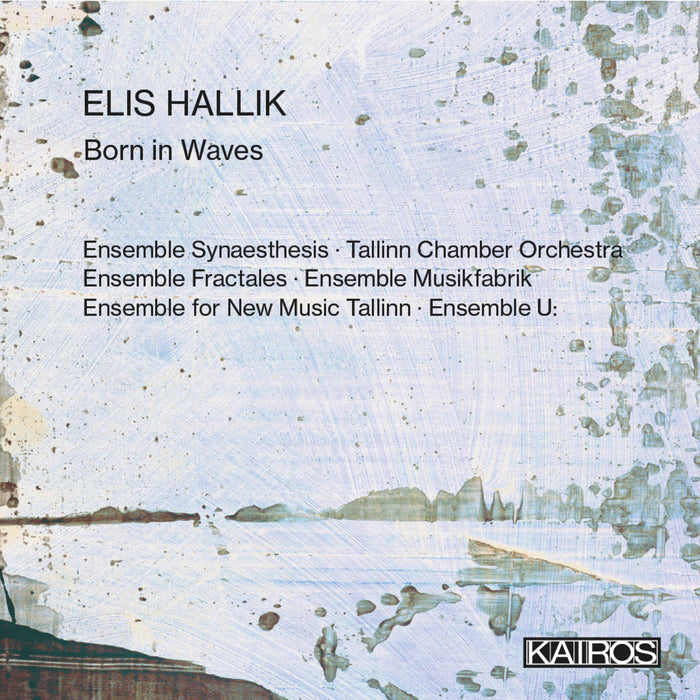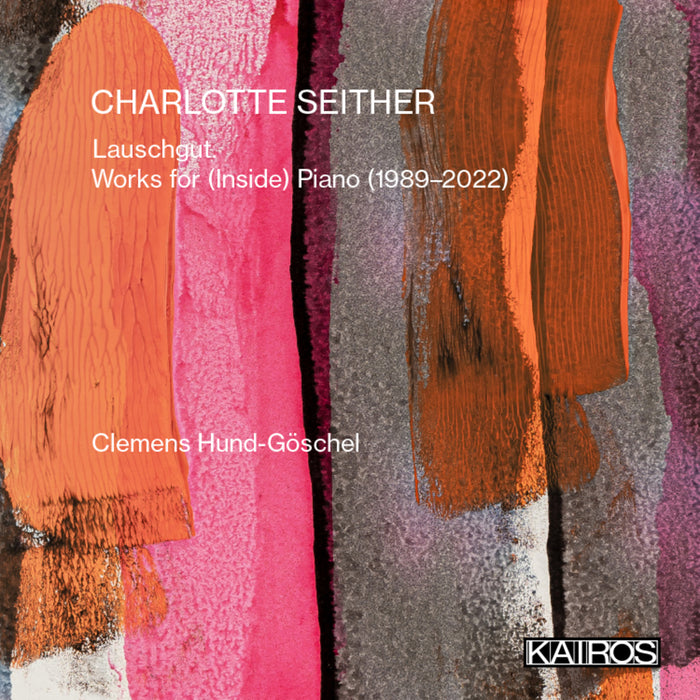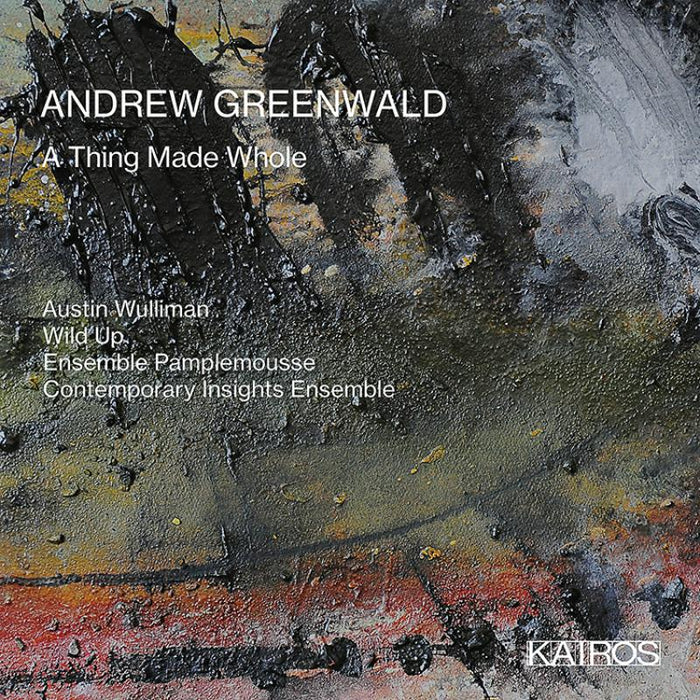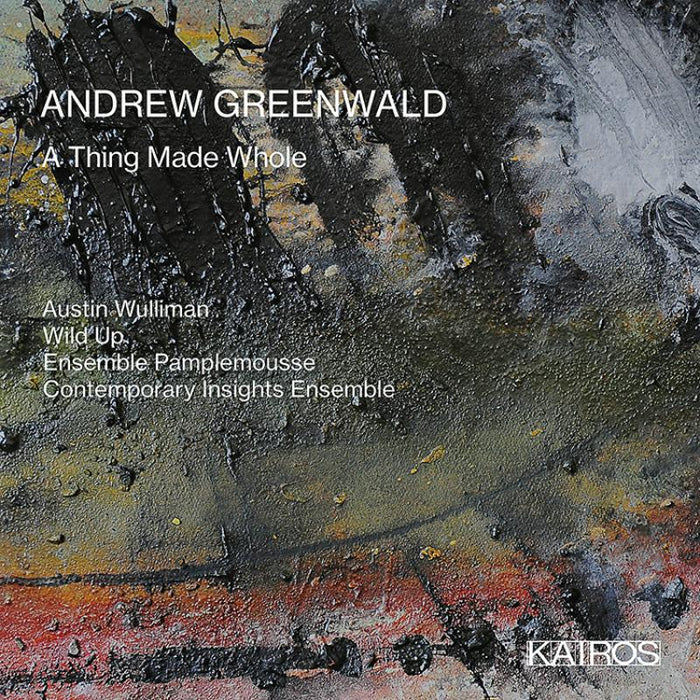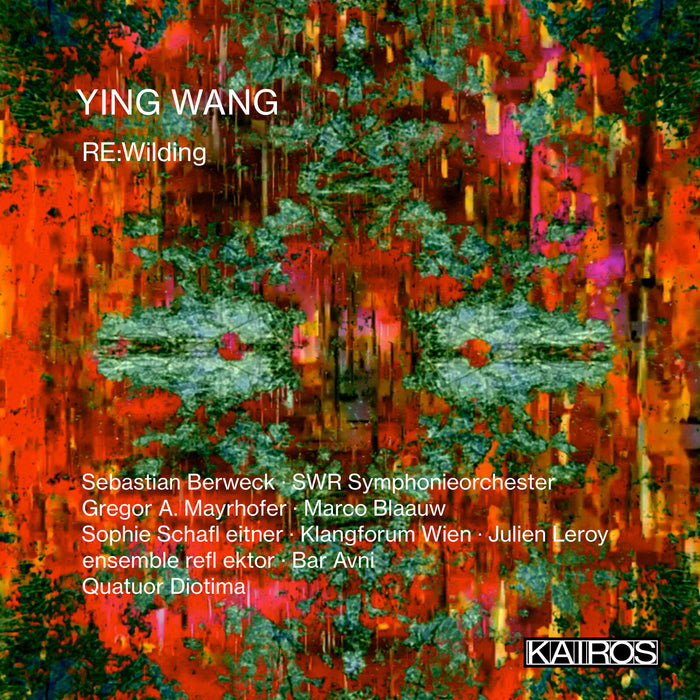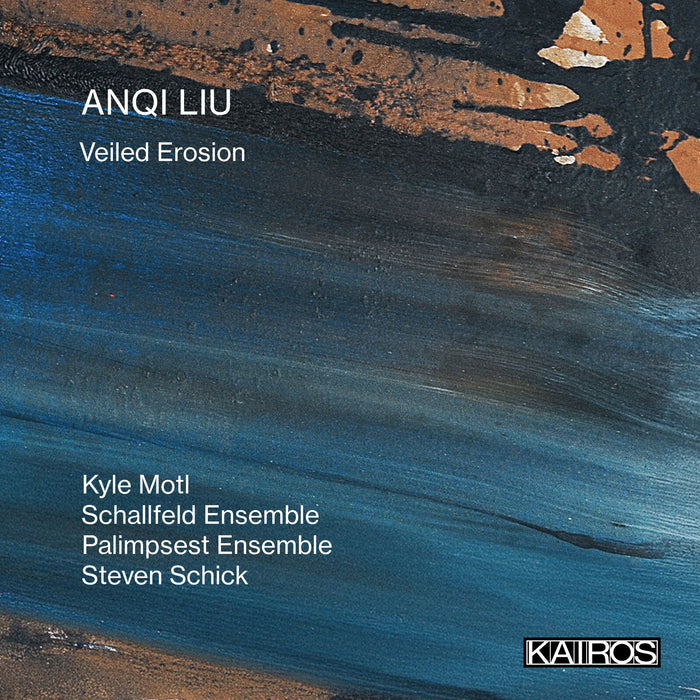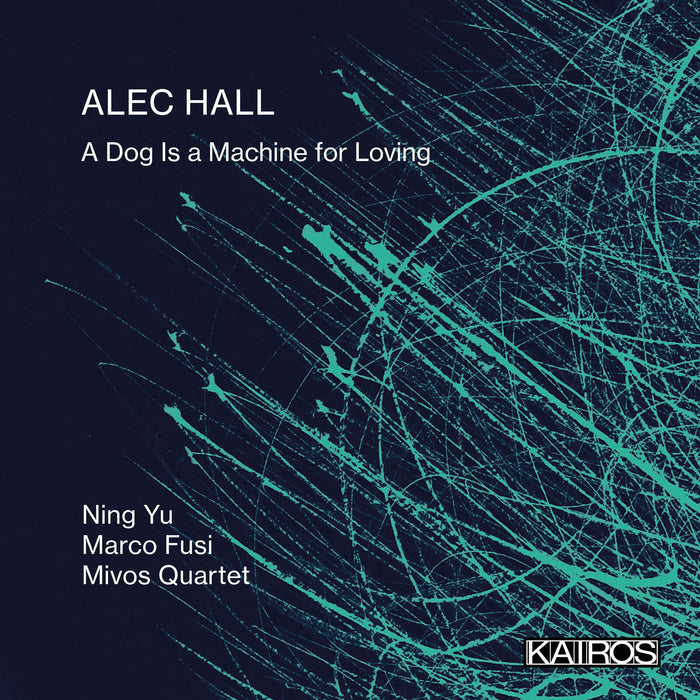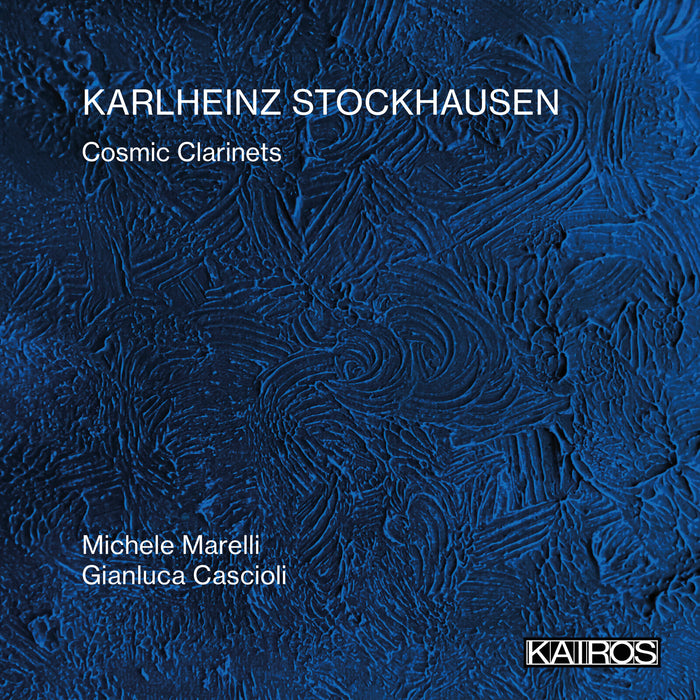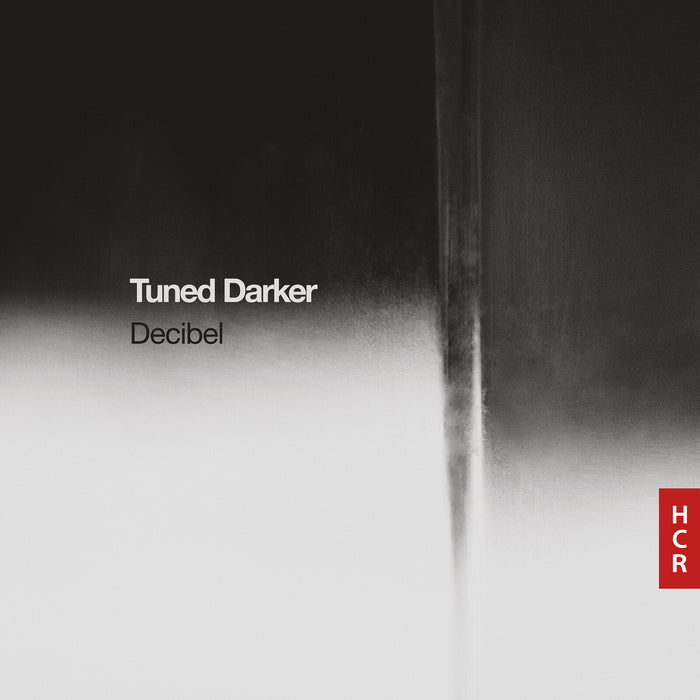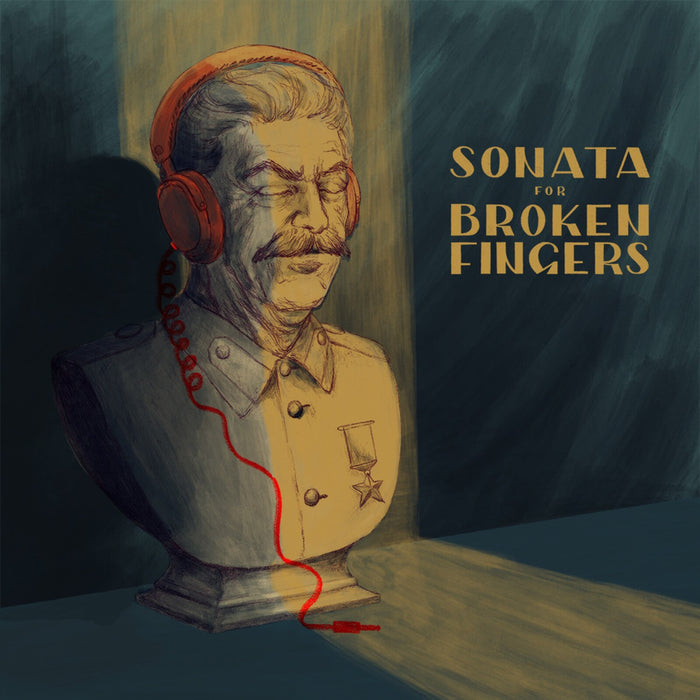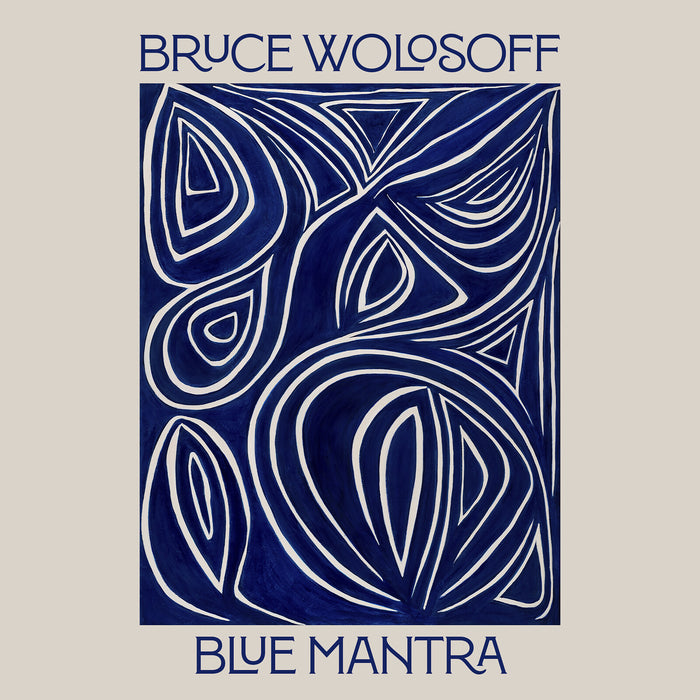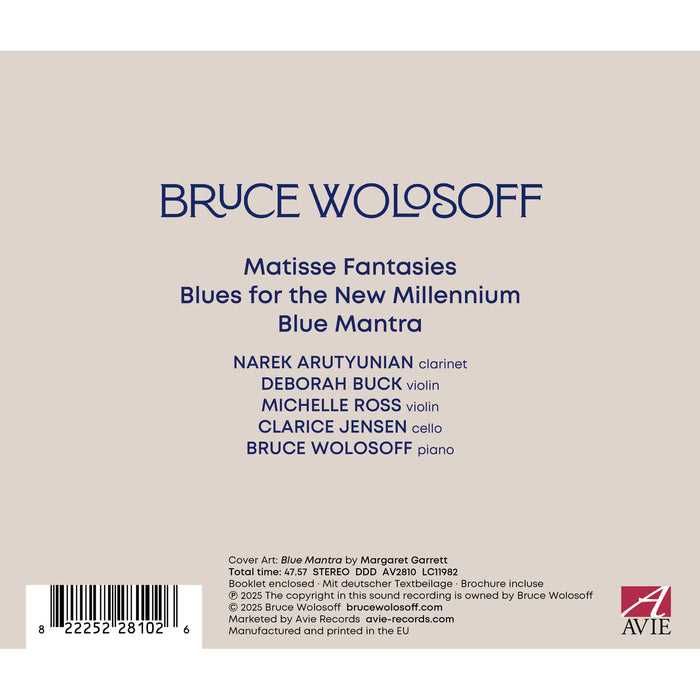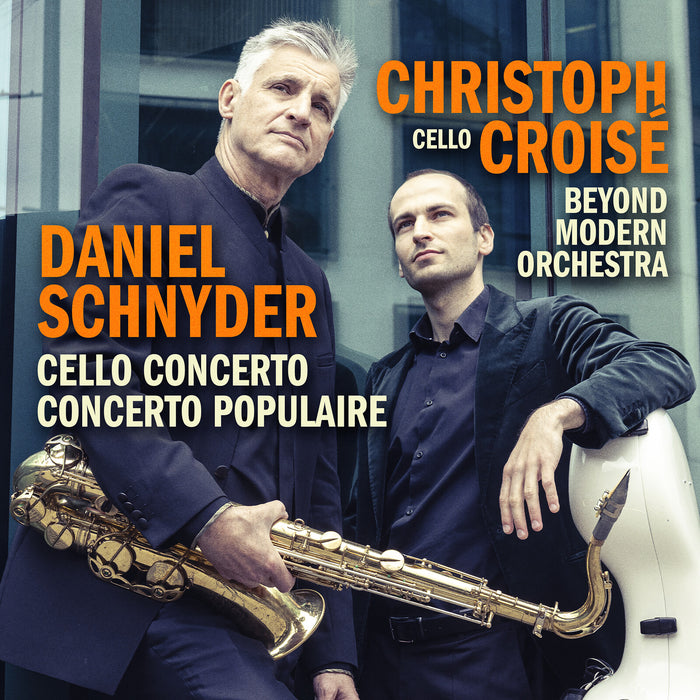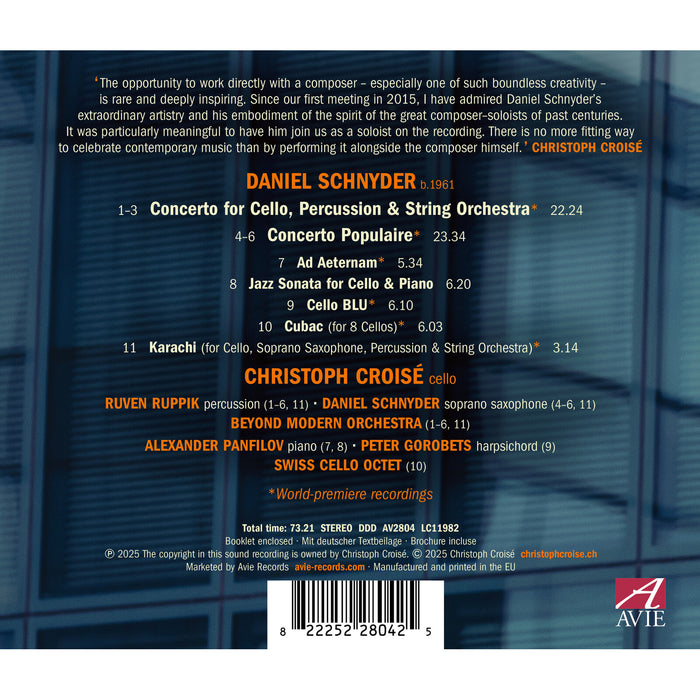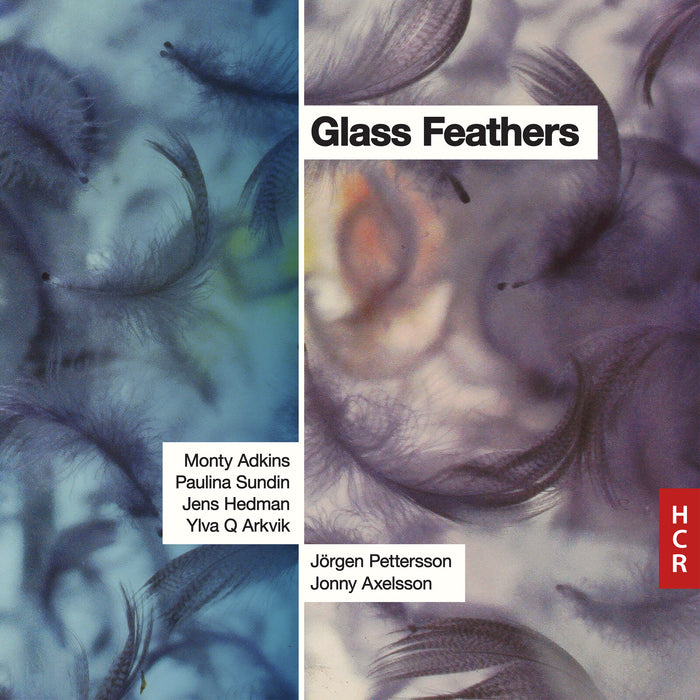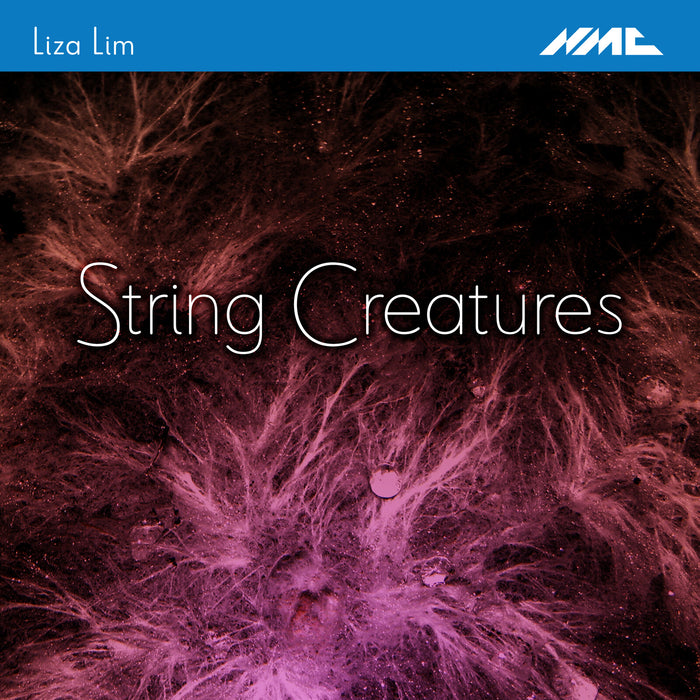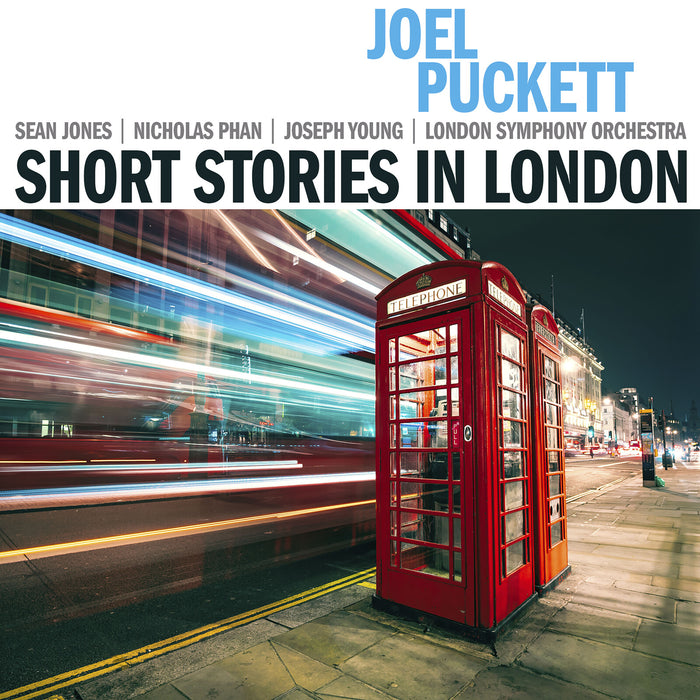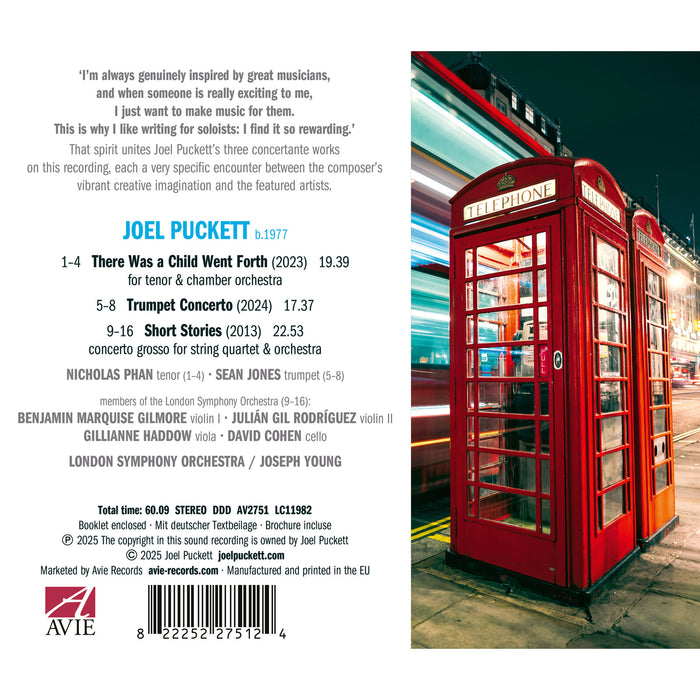Description
This album is bound to become a reference recording for this selection of what will be standard violin repertoire in the future. Ivan Fedele has played the piano with great talent and passion since childhood: this privileged relationship can be seen in the copious number of relevant compositions, starting from two series of studies; Études boréales (1990) and Études australes (2003). Fedele's natural curiosity and timbre sensitivity have enabled him to venture into composing for many other instruments, maintaining an inventive style nourished by a continuous taste for imagination and experimentation. This can be clearly perceived in Fedele's relationship with string instruments, where he reveals his interest in sound color and grain.
Francesco D'Orazio is the ideal interpreter of Fedele's violin music: he has long worked with the composer and has recorded Fedele's complete works for violin and orchestra. D'Orazio is a modern and eclectic violinist, with mastery of a wide repertoire ranging from early to contemporary music.
Viaggiatori della notte (Night Travellers, 1983) is Fedele's first piece for solo violin: it's a triptych, and it was so named as it was conceived during a night-time journey. The directions at the top of every piece that comprises Viaggiatori della notte (Con impeto – With Passion, Intensamente – Intensely, Elettrico! – Electric!) are intended not only as a tempo indication, but also – and principally – as a verbal translation of an expressive mood within the scope of a polyphony of figures.
Some of Fedele's later works for violin are closely connected to his compositions for viola. There are four versions of Elettra: the original for viola and electronics (1996) – a spin-off of the Concerto per viola (1990) written for the late Christophe Desjardins – later became L'orizzonte di Elettra for viola, electronics and orchestra (1997). Fedele composed corresponding versions of both works for Francesco D'Orazio, for five-string electric violin: L'orizzonte di Elettra (1997-2009) first and Elettra (1999-2013) then.
Suite francese (French Suite) is the title of a series of works for solo instrument (harpsichord, violin, cello, flute, harp and viola) that Fedele began in 2003. As he himself wrote: "The title indicates on the one hand the compositional form (structured in several movements), on the other the circumstance (the French clients or musicians for whom it was written) that determined its birth."
Thrilling Wings (2014) represents a sort of ideal addendum to Viaggiatori della notte. This work requires a masterful control of the bow technique and presents some of the typical features of Fedele's writing for violin: slightly whispered and interrupted tremolos (on non-regular time intervals), short bursts of some louder music cells, forceful fast repeated notes, glissandos in ostinato and finally tremolos, harmonics and non-stop sounds, leading to a delicate and poetic ending.


